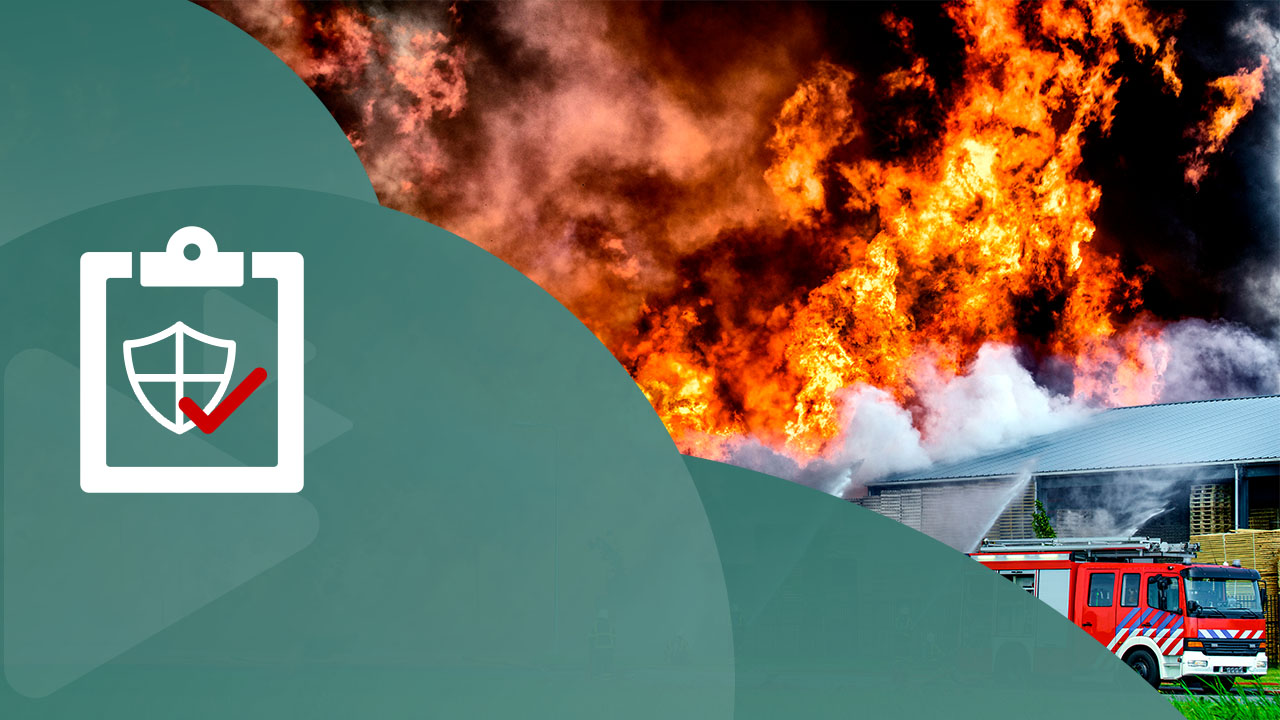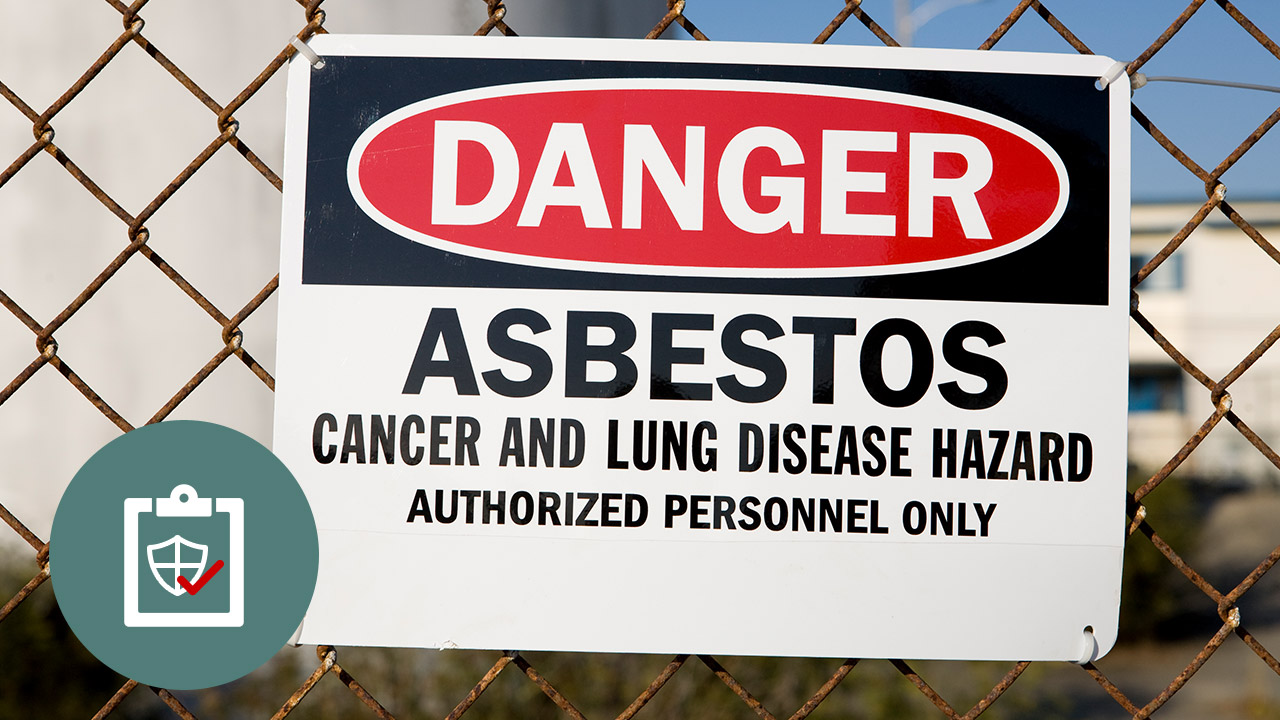Domestic Fire Safety – UK
- 6 topics | 25m 1s
- Includes Assessment
- Up to 30 languages
- Transcripts
Although the incidence of fires in domestic residences has decreased over the past decade, approximately 40,000 dwelling fires still occur annually. The vast majority of them are accidental and are caused by the misuse of equipment or appliances, and the careless handling of fire or hot substances. Because domiciliary care workers provide care for individuals in their homes, they can have a significant impact on the risks these individuals face from the threat of fire. This course aims to raise awareness about fire safety practices and precautionary measures that domiciliary care workers can take to reduce the risks faced by residents in their homes. This course was developed with subject matter support provided by DEKRA-UK Process Safety – Global Experts in Safety and Process Safety. Please note, the course materials and content were current with the laws and regulations at the time of the last expert review, however, they may not reflect the most current legal developments. Nothing herein, or in the course materials, shall be construed as professional advice as to any particular situation with respect to compliance with legal statutes or requirements.
WHAT YOU WILL LEARN
-
identify true statements about domestic fires in Great Britain
-
recognise the duty employers have to train employees who work in domestic residences on fire safety
-
identify the elements that need to be present for a fire to start
-
recognise ways to prevent the types of fires you may face in a domestic residence
-
identify likely sources of ignition for fires you're most likely to encounter in a domestic residence
-
recognise how to complete a bedtime check to prevent fires starting in the night and to make sure escape routes are clear
-
consider the effectiveness of escape plans
-
take proper action to get everyone out of a home where fire is occurring
-
take proper action when your escape route is blocked
-
recognise fire safety precautions to better protect people with disabilities from household fires
-
recognise fire safety precautions to better protect people with breathing difficulties from household fires
-
recognise fire safety precautions to better protect children from household fires
IN THIS COURSE
-
Introduction to Domestic Fire Safety3m
-
Fire Prevention: Elements That Start a Fire3m
-
Fire Prevention: Completing a Bedtime Checklist2m
-
Preparing to Exit Safely During a Fire2m
-
Responding to a Fire2m
-
Helping Vulnerable People Escape a Fire7m
YOU MIGHT ALSO LIKE
COMPLIANCE-COURSE
Fire Warden/Marshal - UK
COMPLIANCE-COURSE
Lone Worker (Employee) – UK
COMPLIANCE-COURSE
Asbestos - UK


